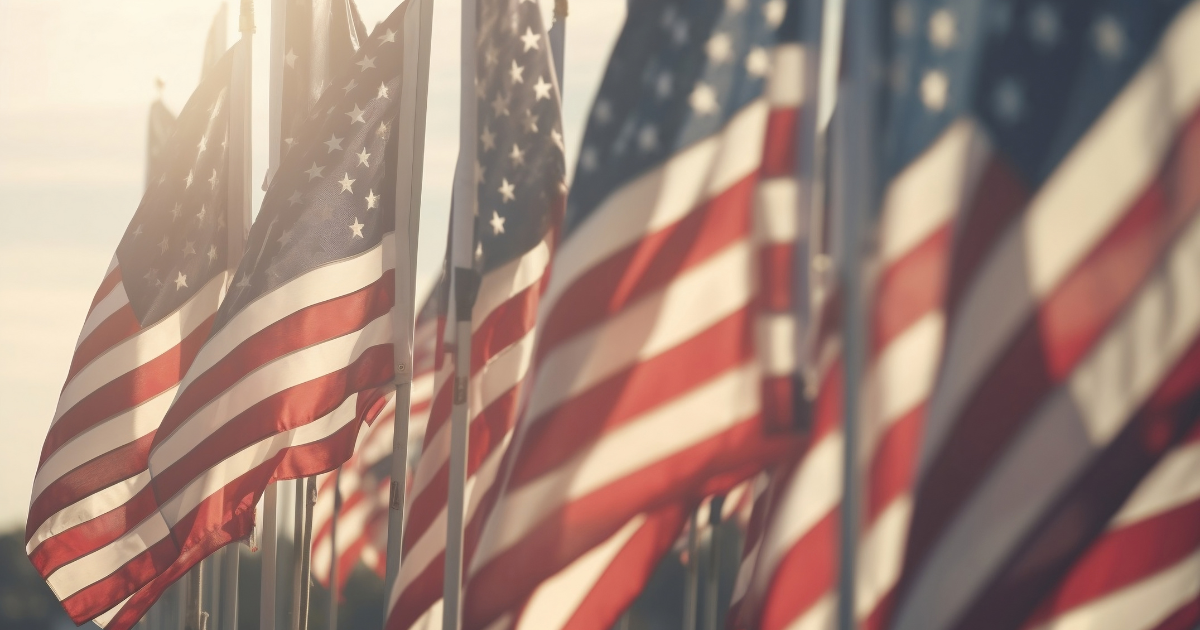The Loved Ones Interment Act Could Correct 2024 VA Burial Reform
The Loved Ones Interment Act—a bipartisan legislative effort introduced by Rep. Julia Brownley (D‑CA) in September 2024 and reintroduced in June 2025—seeks to address a critical and emotionally charged gap in veterans’ burial benefits. This change is deeply relevant for deathcare professionals tasked with guiding and supporting military families.
The problem: cremation + VA benefits = no burial together
Under a current interpretation of the U.S. Department of Veterans Affairs policy by the National Cemetery Administration, families who opt for a commemorative urn or plaque for a cremated veteran are automatically ineligible for interment in a national cemetery—and worse, cannot be buried alongside a spouse or dependent. According to VA’s FAQ:
“If a family chooses an urn or a plaque to commemorate a Veteran, VA is prohibited by law from interring that Veteran’s remains in a VA national cemetery or from providing a headstone… Families should be certain of their choice.”
Families understandably feel the sting of such irreversible decisions—decisions influenced by emotions, finances, or uncertainty about future desires.
Legislative fix: The Loved Ones Interment Act
The Loved Ones Interment Act (H.R. 9804) specifically amends Title 38 of the U.S. Code, empowering the VA to issue headstones and markers for cremated veterans even if they already received a VA urn or plaque, provided they are interred with an eligible spouse or dependent. The bill’s language outlines that the marker:
- Includes information for both the veteran and the loved one.
- Must not exceed existing marker costs.
“Those who have served our country in uniform deserve to be buried with the utmost respect and dignity, regardless of whether their families choose for them to be cremated or not…” Rep. Brownley explains. “It is heartbreaking and completely unacceptable that VA’s current interpretation of the law prevents cremated veterans from being buried with their family members…”
Why this matters: The 2024 Burial Reform
This bill builds on the foundation laid by the 2020 Veterans Health Care and Benefits Improvement Act, which authorized the VA to furnish urns or plaques when remains weren’t interred. Implemented in June 2024, the VA’s final rule stated that choosing an urn or plaque made burial in a VA cemetery—along with any headstones—unavailable.
This well-intentioned reform empowered more cremation options but inadvertently repositories for stranded veterans—honored with an urn yet barred from final burial with their loved ones in esteemed cemeteries.
Funeral directors responded
In a 2024 congressional hearing on the Veterans’ Burial Improvement Act and related legislation, the National Funeral Directors Association (NFDA) played an active role, warning that “Section 2207 of P.L. 116‑315… could unintentionally jeopardize the veteran’s eligibility for ground burial by opting for an urn benefit from the VA.”
The NFDA urged the VA to “amend its policy to allow a veteran’s cremated remains to be placed in the same VA cemetery plot as a spouse who is buried at a later date,” noting that including an urn is “no different than including a memento in the casket.”
Benefit to families—and to your business
For funeral professionals, the Loved Ones Interment Act:
- Reassures Families
Clients gain confidence knowing cremation won’t preclude cemetery burial or family interment—even if they initially opt for an urn or plaque. - Simplifies Planning
Funeral homes can offer clearer, more complete preplanning options, reducing future emotional and logistical stress for families. - Aftercare Trust
Providing full-spectrum support—from urn selection to graveside placement—builds lasting trust and demonstrates your advocacy.
Legislative status and next steps
As of its 2025 reintroduction, the Act is referred to the House Subcommittee on Disability Assistance and Memorial Affairs. It has strong backing from veterans’ groups (AMVETS, IAVA, and PVA) and bipartisan support.
The Loved Ones Interment Act corrects an unintended but profound oversight in the 2024 reforms — restoring dignity, closure, and unity for veterans and their families. For deathcare professionals, this is more than policy: it’s an opportunity to better serve those who served, guiding families with sensitivity, foresight, and integrity.




